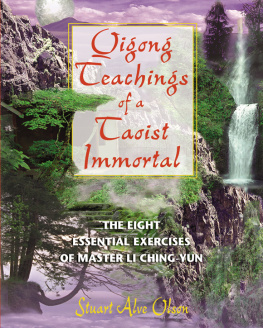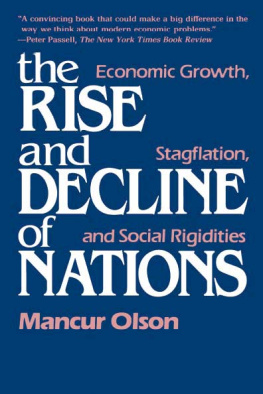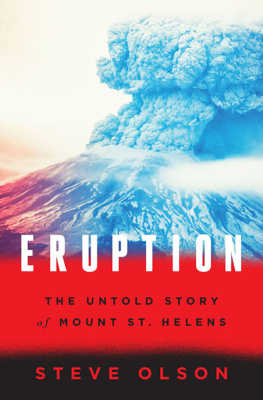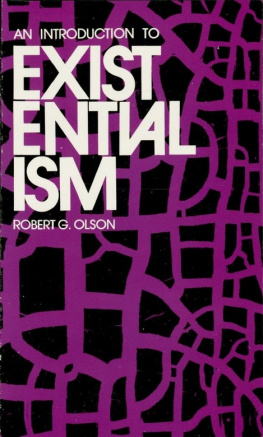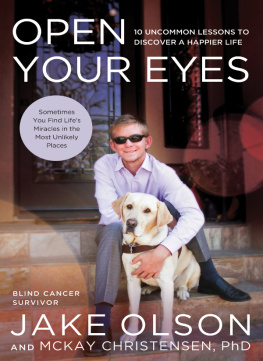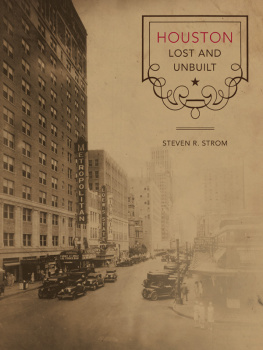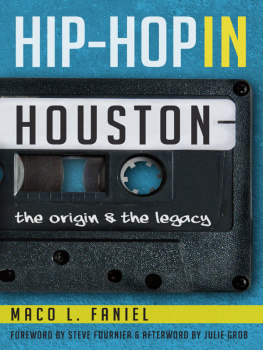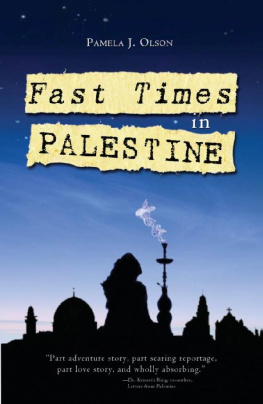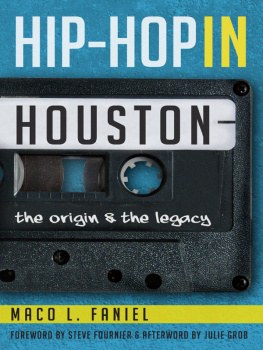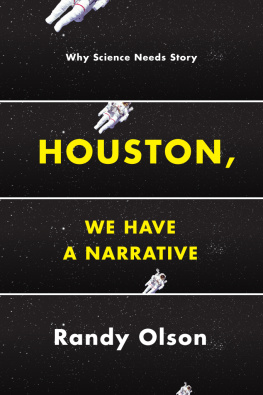Olson - Houston, We Have a Narrative: Why Science Needs Story
Here you can read online Olson - Houston, We Have a Narrative: Why Science Needs Story full text of the book (entire story) in english for free. Download pdf and epub, get meaning, cover and reviews about this ebook. year: 2015, publisher: The University of Chicago Press, genre: Art. Description of the work, (preface) as well as reviews are available. Best literature library LitArk.com created for fans of good reading and offers a wide selection of genres:
Romance novel
Science fiction
Adventure
Detective
Science
History
Home and family
Prose
Art
Politics
Computer
Non-fiction
Religion
Business
Children
Humor
Choose a favorite category and find really read worthwhile books. Enjoy immersion in the world of imagination, feel the emotions of the characters or learn something new for yourself, make an fascinating discovery.
Houston, We Have a Narrative: Why Science Needs Story: summary, description and annotation
We offer to read an annotation, description, summary or preface (depends on what the author of the book "Houston, We Have a Narrative: Why Science Needs Story" wrote himself). If you haven't found the necessary information about the book — write in the comments, we will try to find it.
Olson: author's other books
Who wrote Houston, We Have a Narrative: Why Science Needs Story? Find out the surname, the name of the author of the book and a list of all author's works by series.
Houston, We Have a Narrative: Why Science Needs Story — read online for free the complete book (whole text) full work
Below is the text of the book, divided by pages. System saving the place of the last page read, allows you to conveniently read the book "Houston, We Have a Narrative: Why Science Needs Story" online for free, without having to search again every time where you left off. Put a bookmark, and you can go to the page where you finished reading at any time.
Font size:
Interval:
Bookmark:
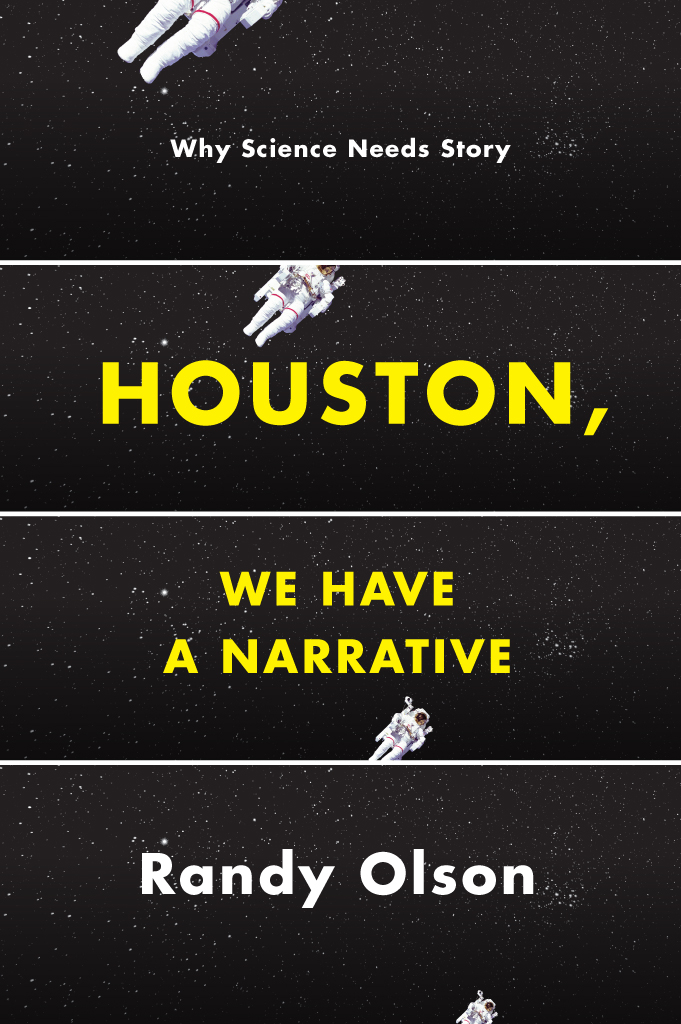

RANDY OLSON
The University of Chicago Press
Chicago and London
Randy Olson was a tenured professor of marine biology at the University of New Hampshire before moving to Hollywood and entering film school at the University of Southern California. He has written and directed a number of films, including the acclaimed Flock of Dodos, and he is the author of numerous successful books, including Don't Be Such a Scientist.
The University of Chicago Press, Chicago 60637
The University of Chicago Press, Ltd., London
2015 by Randy Olson
All rights reserved. Published 2015.
Printed in the United States of America
24 23 22 21 20 19 18 17 16 15 1 2 3 4 5
ISBN -13: 978-0-226-27070-8 (cloth)
ISBN -13: 978-0-226-27084-5 (paper)
ISBN -13: 978-0-226-27098-2 (e-book)
DOI : 10.7208/chicago/9780226270982.001.0001
Library of Congress Cataloging-in-Publication Data
Olson, Randy, 1955 author.
Houston, we have a narrative : why science needs story / Randy Olson.
pages ; cm
Includes bibliographical references and index.
ISBN 978-0-226-27070-8 (cloth : alk. paper) ISBN 978-0-226-27084-5 (pbk. : alk. paper) ISBN 978-0-226-27098-2 (ebook) 1. Communication in science. 2. Science in motion pictures. 3. Storytelling. I. Title
Q 223. O 47 2015
501'.4 DC 23
2015017768
This paper meets the requirements of ISBN /niso Z 39.48-1992 (Permanence of Paper).
Science is permeated with story. Both the scientific method and the communication of science are narrative processes. Yet the power and structure of story are neither widely taught nor openly advocated. Science is now facing significant problems stemming from this oversight, from the proliferation of false positives within the field to a growing antiscience sentiment outside the field. Help is needed, but the experts in the humanities who ought to provide assistance are buried in their own problems and lack a practical perspective. I argue that science should turn to the people who have spent a century learning and applying the real world power of narrativethe writers, directors, actors, editors and other veterans of Hollywood. There is nothing to be feared from narrative. It pervades all aspects of human culture. Scientists must realize that science is a narrative process, that narrative is story, therefore science needs story.
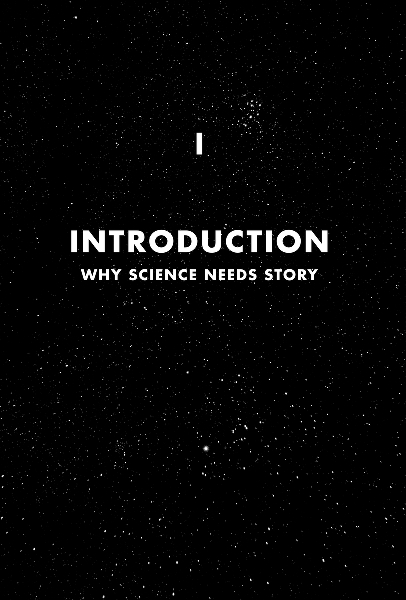
How would you like to share your communication ideas with an audience of 1,000 eager minds?
That was my friend Megans invitation, asking me to take part in a panel discussion at a 2013 meeting of ocean scientists in San Diego. Its the sort of activity I do these days. I used to be a scientist, I became a filmmaker, and now I work with scientists helping them communicate more effectively with the public. I could hear the excitement in her voiceit was a chance to present my work on communication and storytelling to a large and interested crowd. It sounded good, so I agreed.
As the summer went by I didnt give it much thought, then about six weeks before the event I looked at the meeting website to see what I had signed up for. There were two other panelists, both of whom I know and who are more than ten years my senior. But more importantly, they are two of the worlds top experts on the subject of sea level risesomething I know virtually nothing about. Furthermore, looking at the title of the panel, Responding to Sea Level Rise, there was no clue where I, the scientist-turned-filmmaker, fit in. The event felt like Two Great Scientists (plus this other guy).
I said to myself, Houston, we have a problem.
I called Megan and asked if there was a reason why she had put me on a panel for something I know so little about. She said, Yes, yes, yesthese guys are dying to work with you. They want you to use your storytelling knowledge to do makeovers on their presentations.
We talked it through. By the end I understood her idea and it sounded coola chance to implement the teachings of my books and workshops on the need to tell better stories. Great!
I set to work writing an email to the four of us, laying out my initial ideas. I would reshape the scientists material into a set of stories they and I would tell, taking turns presenting different parts. It seemed perfect... until the scientists replied.
There was immediate pushback. One of them said that his presentation was already sethe had been giving it for over a yeareveryone loves it. Basically, its not broken, no need to fix it, thanks. The other was in Europe and said he didnt have the time for changes.
I pushed a little harder, explaining my ideas further, including how the team presentation style would add energy to the normally dull panel format. They didnt seem to like my labeling things as normally dull. And did I mention they were ages 68 and 70?
We just dont need it, one of them wrote. But of course I ignored that. I was still sold on Megans enthusiasm, so I did what I always doI kept pushing. finally the truth started coming out.
Look, one of them replied, both of us are known as good speakers. Were very busy. Well show up and give our standard talks. It will be fine.
I shot back, I know, but what I want is more than fine. With the power of narrative we can reach a higher level and give the crowd an event to remember.
I just dont see how its going to work, his next email said. Youre talking about us taking repeated turns speaking. Well be getting up and sitting down, bumping into each otherit sounds like a mess.
I replied, No, trust me, the audience will appreciate the energy of the team effort. It shows were listening to each other.
And then... well, there were a couple more exchanges, until one of them finally said, Randy, all of us have given countless numbers of these talks. We all know how they work. We all have the same amount of experience. Theres just no need for what youre describing.
And that was it. A moment of realization for me.
Presentations given by scientists, administrators, studentspretty much anyoneare very, very personal. They are an extension of the speakers inner being, an expression of the ego. In this age of TED Talks, everyone is working on their presentationsrunning them by their friends and family, honing and shaping them. My asking to get in and mess with others presentations is like asking to come over and reorganize their underwear drawers. It really is that personal.
I could sense I had hit the limit. An eruption was approaching. Which meant it was time to end it by showing how hopeless the predicament was. I did this by tossing a hand grenade into the discussion so there would be no lingering doubts.
Drawing on my most condescending tone, I replied, Eh hem... only one of us has over two decades of mass communications experience...
I hit SEND and waited less than two minutes for the nuclear missile I knew would come back, which it did, in the form of a short email that began,
Well, Randy.......... arent we special. I suggest you check yourself before this entire event unravels.
There was more to it that was even worse. I sat there looking at my computer screen thinking, Whoa... , and figured that was enough. I didnt reply. Instead I was breathing deeply as I headed out the door for a cooling-off jog.
Font size:
Interval:
Bookmark:
Similar books «Houston, We Have a Narrative: Why Science Needs Story»
Look at similar books to Houston, We Have a Narrative: Why Science Needs Story. We have selected literature similar in name and meaning in the hope of providing readers with more options to find new, interesting, not yet read works.
Discussion, reviews of the book Houston, We Have a Narrative: Why Science Needs Story and just readers' own opinions. Leave your comments, write what you think about the work, its meaning or the main characters. Specify what exactly you liked and what you didn't like, and why you think so.


